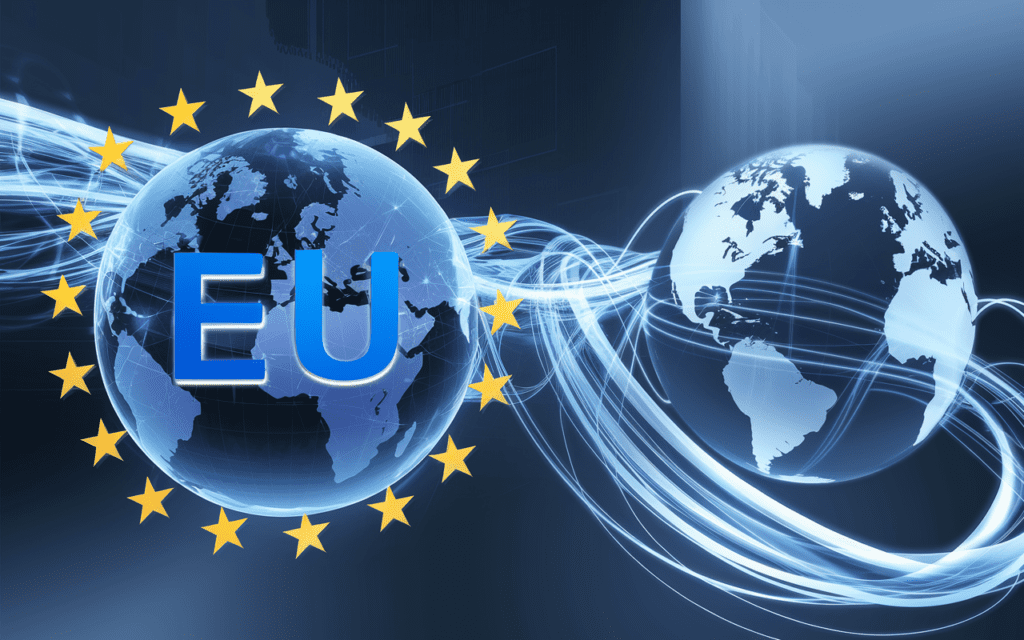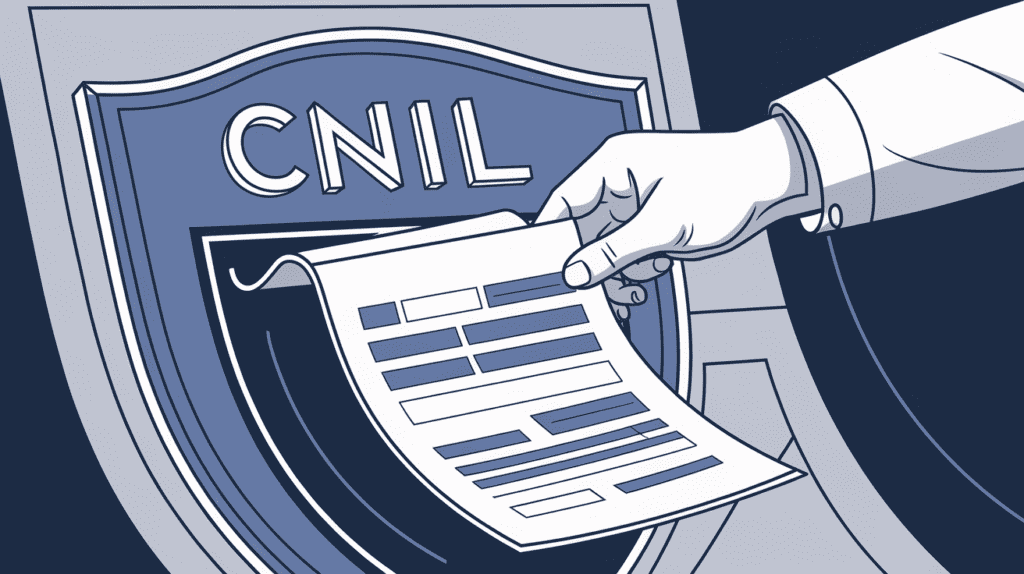Setting your account to private on Instagram: complete guide
Protect your Instagram account, control access to your publications and understand the methods to see (or not see) the content of a private account: in this complete article, we explain everything.
Setting your account to private on Instagram: complete guide Read More »










